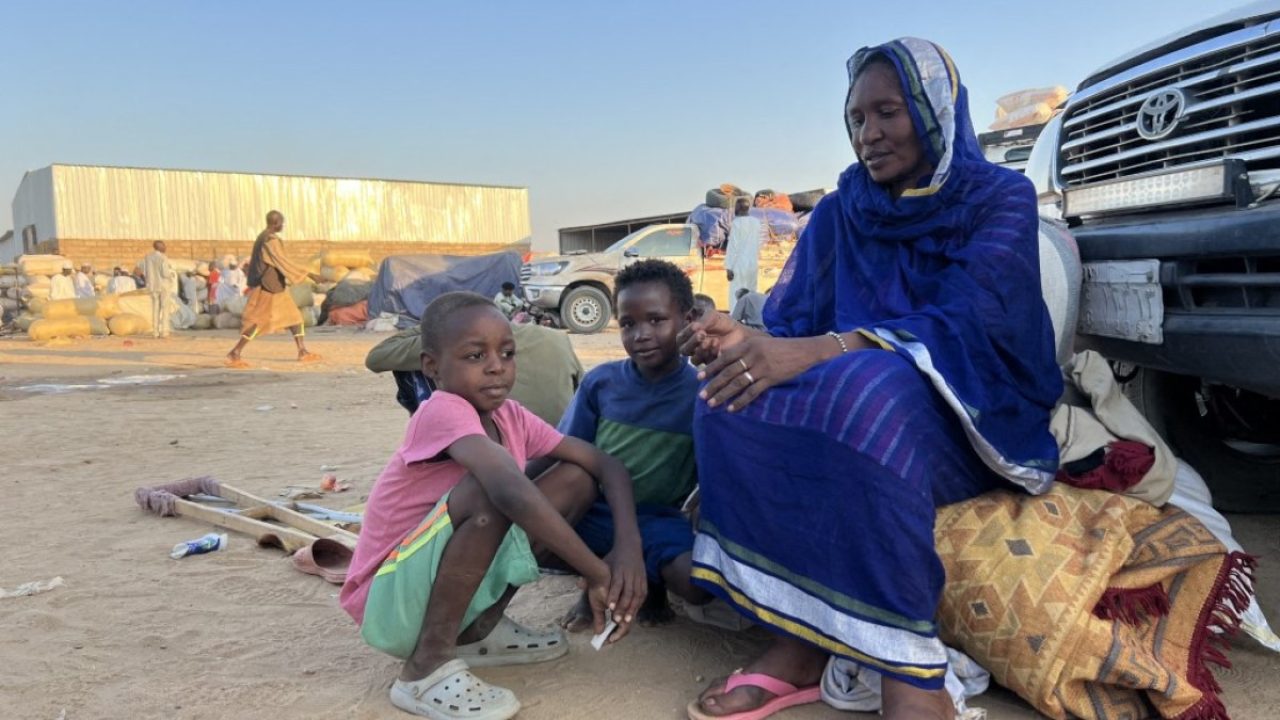Government officials express strong condemnation as accounts of violence emerge from conflict-affected areas.
Sudan’s government has publicly condemned the Rapid Support Forces (RSF) for alleged war crimes in the city of El-Fasher, as survivors of the violence begin to recount harrowing experiences. The accusations come amid ongoing conflict in the region, which has seen significant civilian casualties and displacement.
In a recent statement, a Sudanese envoy emphasized that the government would not participate in peace talks if the United Arab Emirates (UAE) is involved in the negotiations. This declaration underscores the complexities of the ongoing conflict and the challenges facing diplomatic efforts to restore peace.
Survivor Accounts of Violence
Survivors from El-Fasher have begun to share their stories, detailing the brutal killings and widespread fear that have gripped the city. Eyewitnesses describe scenes of chaos, with armed groups targeting civilians and committing acts of violence that have left many in shock.
One survivor recounted the moment when armed men stormed their neighborhood, leading to a night of terror. “We heard gunshots and screams. People were running for their lives,” they said. Such testimonies highlight the urgent need for humanitarian assistance and protection for those affected by the conflict.
Government’s Stance on Negotiations
The Sudanese government’s refusal to engage in talks involving the UAE reflects deeper geopolitical tensions in the region. Officials argue that the UAE’s involvement could undermine Sudan’s sovereignty and complicate the peace process. This position raises questions about the future of negotiations aimed at resolving the ongoing conflict.
As the situation in El-Fasher continues to deteriorate, the government faces mounting pressure to address the humanitarian crisis and restore order. The international community is closely monitoring developments, with calls for accountability and justice for victims of violence.
International Response and Humanitarian Needs
Human rights organizations have condemned the actions of the RSF and called for an independent investigation into the alleged war crimes. The United Nations has also expressed concern over the escalating violence and its impact on civilians, urging all parties to prioritize the protection of human rights.
In the meantime, humanitarian agencies are struggling to provide aid to those in need. Access to affected areas remains limited due to ongoing hostilities, and many families are facing severe shortages of food, water, and medical supplies. The international community is being urged to step up support for humanitarian efforts in the region.
Conclusion
The situation in El-Fasher is a stark reminder of the ongoing challenges facing Sudan as it grapples with internal conflict and the consequences of violence on its civilian population. As survivor accounts continue to emerge, the need for accountability and a sustainable resolution to the conflict becomes increasingly urgent.
For now, the Sudanese government’s stance on negotiations and the allegations against the RSF will likely shape the trajectory of peace efforts in the region.
Key Points
- Sudan accuses RSF of war crimes in El-Fasher.
- Survivors recount horrific experiences of violence.
- Government refuses to engage in talks involving the UAE.
- Humanitarian needs are escalating amid ongoing conflict.
- International community calls for accountability and support.
Sources: Sudan slams RSF ‘war crimes’ in el-Fasher as survivors recount killings
Image: www.aljazeera.com
